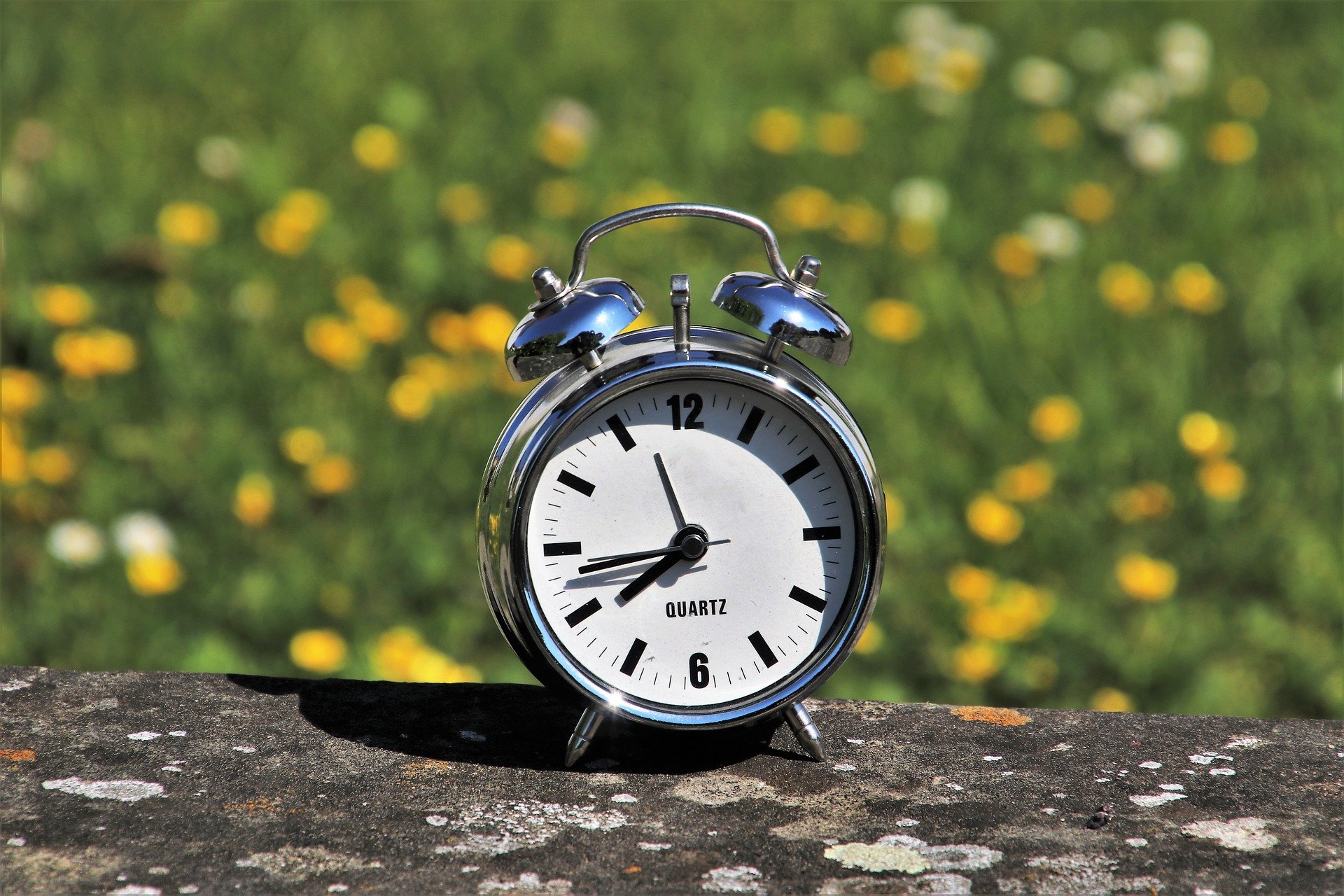It’s hard to believe that it is time to turn the clocks back again. Just in case you missed it, it happened this past weekend. If you happen to be an hour late for everything, now you know why.
One wouldn’t think that changing the clock one hour would make a huge difference, but there are some significant side effects that come from the time change. In some cases, it can affect your sleep habits and personal health and your lifestyle may also be affected for a number of days.

Affecting How You Sleep
We all have a natural 24-hour cycle that is known as the circadian rhythm. Daylight savings time can throw us off significantly, but it is more of an environmental issue, not a genetic issue. You may have some poor sleep at first but humans are able to adjust to these behavioral patterns fairly easily.
Generally speaking, it takes one day to adjust for every hour of time change. If you tend to get seven or eight hours of sleep every night, go to bed a little earlier the night before the time changes. You should wake up feeling refreshed. If you are already sleep-deprived, you will likely wake up feeling sleep-deprived.
Although the circadian rhythm is something inside of us, our exterior environment, medications, and our behavior can influence it. The primary way that our circadian rhythm is regulated is through light. When it is light outside, the secretion of melatonin, a sleep-inducing substance is suppressed. That is why getting enough light during the time you are awake is important but when it is dark outside, avoid exposing yourself to bright light.
You also do better if you provide an environment that helps you to sleep. It could mean having less alcohol or caffeine before bed, exercising a few hours before bedtime, or enjoying some relaxation techniques in the evening.
Avoiding a heavy meal before bedtime is a good idea, but eating some carbohydrates may help you fall asleep. Be cautious of sleep-inducing medications, because they can be addictive.
Your circadian rhythm also affects your release of hormones, and that can have an impact on your sleep, hunger level, and mood. When any shift in your natural rhythms occur, your body is going to pick up on it.
Some people may experience cluster headaches due to the shift in time. Those headaches are extreme and tend to occur on one side of the head. Some people with cluster headaches may experience them for days or weeks and they are unbearably painful.
If you are lacking sleep, you may also have more of the ghrelin hormone, causing an increase in your appetite. Getting enough sleep every night can help to regulate your levels of ghrelin and keep you from gaining weight.
You will also experience a boost in your mood when you increase your sunlight exposure. This is due to the release of serotonin. Make sure that you are getting some sunshine while the sun is out, which requires an adjustment since the sun comes up sooner and sets later until we change the clock again.













